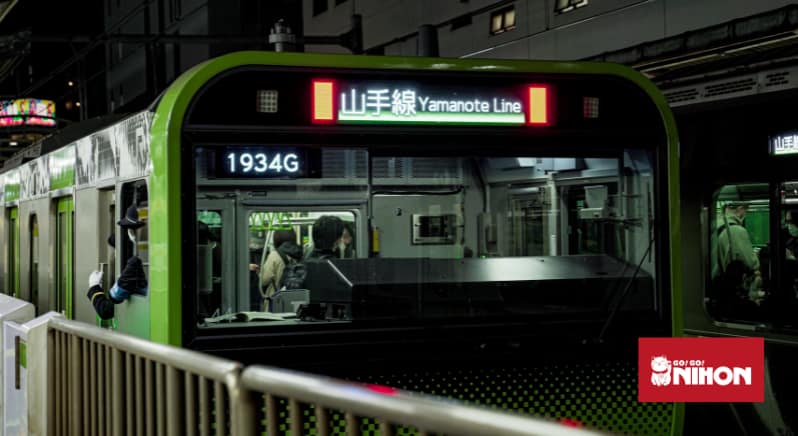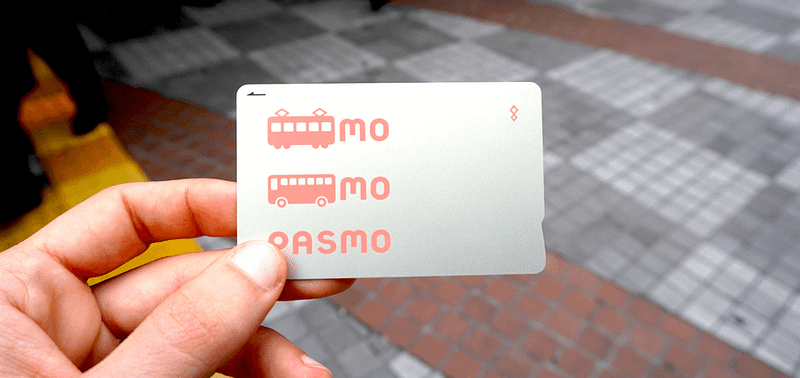Due to strict immigration regulations and complex application process, we would like to redirect you to our school partners. If you meet all their requirements, they will help you with your application. To proceed with getting in touch with our school partners, please use the following link: https://gogonihon.com/en/school-partner-contact-form/
If you have dual citizenship and hold another passport, please try filling in our form again using those passport details. We thank you for your interest and we wish you all the best with finding a way to study in Japan.
If you are interested in learning Japanese online, please check our other service here: japaneseonline.gogonihon.com.














